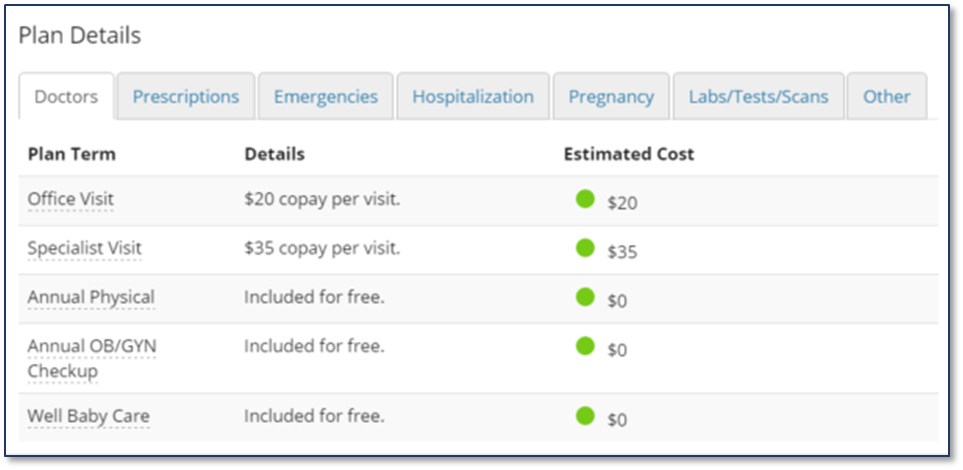

You could get aseptic meningitis (a type of brain inflammation with symptoms of severe headache, stiff neck, fatigue, fever, sensitivity to light, painful eye movements, nausea, and vomiting), a blood problem called hemolytic anemia (common symptoms include increased heart rate, fatigue, yellow skin or eyes, and dark-colored urine), and/or a lung problem called transfusion-related acute lung injury (commonly referred to as TRALI). You could experience other serious and life-threatening problems due to immune globulin. Periodic monitoring of kidney function and urine output is particularly important in patients more likely to experience severe kidney disease. If you have a serious reaction while taking GAMUNEX-C, stop taking it immediately and tell your doctor.

Also tell your doctor if you have immunoglobulin A (IgA) deficiency. Tell your doctor if you have had a serious reaction to other medicines that contain human immune globulin. If your situation makes you more likely to experience serious kidney disease, you should take GAMUNEX-C at the lowest concentration available and the slowest infusion rate that is practical.ĭo not take GAMUNEX-C if you have an allergy to immune globulin.

You are more likely to develop serious kidney disease if you take an intravenous immune globulin product that contains sugar (sucrose). Tell your doctor immediately if your medical history is similar to what is described here, and especially if you start having any of these symptoms while taking GAMUNEX-C. You are more likely to develop serious kidney disease if you are dehydrated, have a blood infection (sepsis), have high protein content in your blood, or if you are receiving other medicines that are harmful to your kidneys. You are more likely to develop serious kidney disease if you already have a kidney problem, have Type II diabetes mellitus, or are older than 65. You may have symptoms of decreased urination, sudden weight gain, swelling in your legs (edema), or shortness of breath. If you take GAMUNEX-C or a similar immune globulin product intravenously, you could experience serious kidney disease and death. Patients should be well hydrated by drinking enough water before GAMUNEX-C is administered. However, blood clots may occur in the absence of any of the known risk factors. For patients at risk, GAMUNEX-C should be administered at the lowest dose and slowest infusion rate that is practical. You may also be more likely to get a blood clot if you are elderly, if you have a blood clotting disorder, if you are inactive for long periods of time (such as long bed rest), if you use estrogens, or if you have thickening of your blood. You are more likely to develop a blood clot if you have a history of hardening of the arteries (atherosclerosis), stroke, heart attack, or heart failure (low volume of blood pumped by the heart). If you take GAMUNEX-C or a similar immune globulin product, you could experience a serious and life-threatening blood clot (thromboembolism), which may include pain and/or swelling of an arm or leg with warmth over the affected area, discoloration of an arm or leg, unexplained shortness of breath, chest pain or discomfort that worsens on deep breathing, unexplained rapid pulse, numbness, or weakness on one side of the body. If you have ITP or CIDP, you may only take GAMUNEX-C intravenously. GAMUNEX-C is also approved to treat idiopathic thrombocytopenic purpura (ITP) in adults and children and chronic inflammatory demyelinating polyneuropathy (CIDP) in adults. If you have PIDD, you may take GAMUNEX-C under the skin (subcutaneously) or in a vein (intravenously). GAMUNEX ®-C (immune globulin injection, 10% caprylate/chromatography purified) is approved to treat primary humoral immunodeficiency disease (PIDD) in patients 2 years of age and older.


 0 kommentar(er)
0 kommentar(er)
